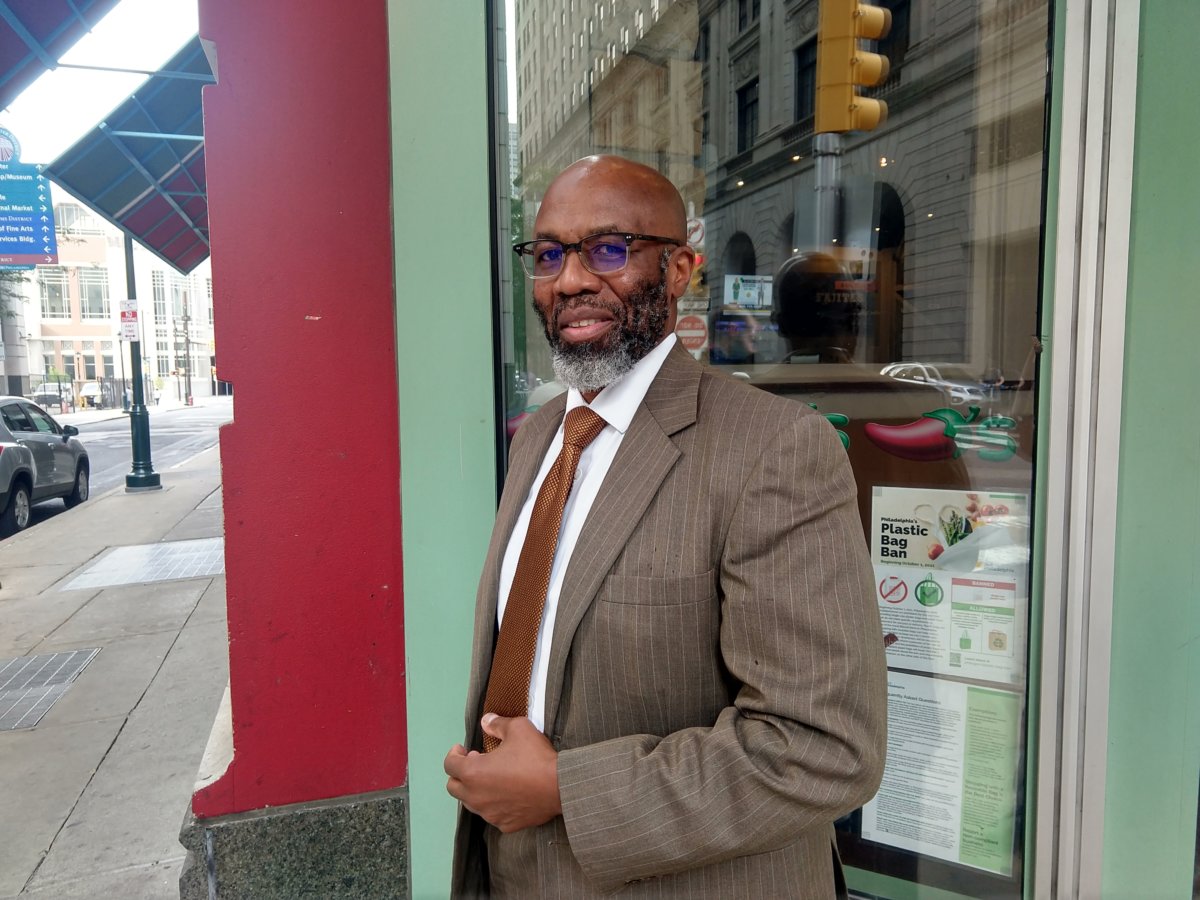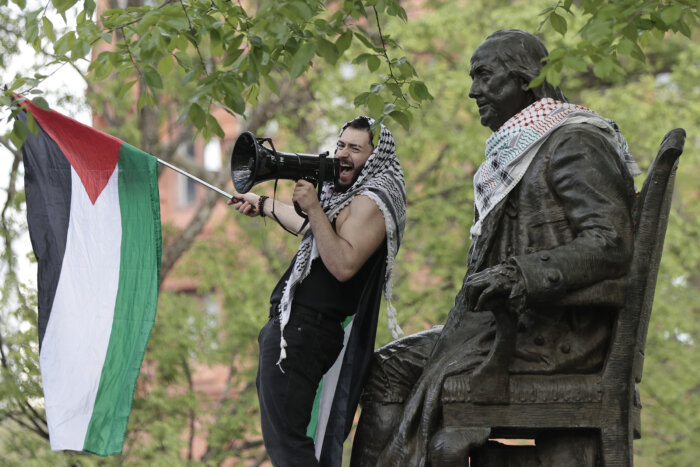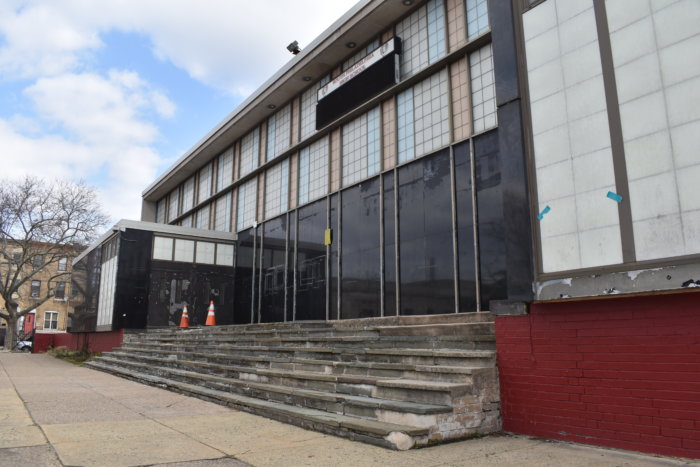“Trauma is almost like an unspoken epidemic. Everybody knows about it, but nobody talks about it.”
Those words were spoken by Dr. James Jones, a childhood abuse survivor with a decades-long career as a trained psychiatrist. Leading programs at several of Philadelphia’s top hospitals, Jones understands trauma better than most. In his experience, people, when made to feel safe, will discuss emotional or physical abuse but struggle to open up about sexual trauma. So Jones found himself charting new ground when, speaking at a men’s retreat a few years ago, someone in the audience spoke out for the first time about surviving sexual abuse.
He was a man in crisis, Jones recalled. As an expert in the field of trauma, the doctor knew he had to offer assistance, but, in his own words: what happened next was something beautiful. The men in attendance, all of whom spent their time listening and asking questions, offered the struggling man their full support.
“I created an environment where it’s OK to talk about this,” Jones said.
Philadelphia is a city of neighborhoods experiencing trauma. Mass death caused by COVID-19, large-scale unemployment, rising homicides, fatal drug overdoses, and continued racial injustice sparked by police shootings are the foundations of the city’s traumatic experiences. Trauma is so common that almost 70% of adults will face it in their lifetimes — none more so than African Americans, whom research shows have the highest lifetime prevalence of post-traumatic stress disorder.
And according to Jones, the pandemic and its associated traumas are about to set off an emotional tsunami.
Philadelphia can’t return to normal until people start dealing with everything that happened over the past few years.
Jones grew up in Germantown, and after graduating Central High School, attended St. Joseph’s University and Temple University’s medical school. He was medical director of some of the best inpatient and crisis response centers in the city, including Girard Medical Center, Episcopal Hospital, Temple University Hospital, and Friends Hospital. Now, he performs forensic evaluations at the Criminal Justice Center, works with dual diagnosis individuals at Stop & Surrender, and does psychiatric evaluations at SOAR Recovery Centers across the region.
A few years ago, he published his first book, “I’m Alright: Overcoming Physical and Emotional Abuse Through Faith.” It’s the story of his journey as an abuse survivor that also encourages others to open up and stand in their truth.
The doctor uses two working definitions of trauma. Physical, emotional, or sexual traumas occur when a violent act makes a person feel unsafe. “In the case of what’s happening in Philadelphia, when we talk about gun violence, where you see somebody shot, see somebody killed, or you may have had to do that to save your own life, that has an impact on people,” he said.
But there’s also something called complex PTSD, which is trauma that happens over an extended period. Complex PTSD can be abuse that occurs for years, changing how a person thinks. In the case of many Philadelphians, young people hear gunfire or see shootings so often that it becomes normal to them.
“When I do my evaluations at the CJC, I’ll ask people as part of my trauma evaluations, ‘Have you ever seen somebody shot, stabbed, or killed?’” Jones said. “And I’ll get the reply, ‘Of course, I’m from Philadelphia.’”
Whole groups or societies can experience collective traumas, too, something Jones called the collective unconsciousness. For example, slavery passed down 400 years of oppression from generation to generation of African Americans. Such effects can be seen now as the country tries to vaccinate everyone against COVID-19 — an effort creating hesitancy among certain groups.
During slavery, psychiatrists would label Black persons as pathological for seeking their freedom. The Tuskegee experiments unethically withheld treatment for syphilis from Black men. Medical disparities that cut along racial lines continue to be an issue in health care.
“When we in the Black community don’t trust the hospitals, it ain’t nothing about the vaccine. It’s about how Uncle Johnny, in somebody’s university hospital, he came in, he came out, he died. We all know what happened and they won’t tell us what happened. So they don’t trust the hospitals.”
The thing about trauma is that it isn’t an endgame; it can lead to substance use disorders, behavioral health problems, and other issues. And according to Jones, Philadelphia is dealing with a lot of trauma right now, much of it stemming from the pandemic, including social isolation, financial stress, drugs, alcohol, abuse, and more. But help is out there, and people are ready to offer a safe space to those who need it.
“There’s going to be an emotional fallout from COVID — there’s no discussion about that right now and it’s because mental illness still carries a stick,” Jones said. “We have to talk about that year and a half where people were isolated. We have to talk about people who dealt with COVID.”

































